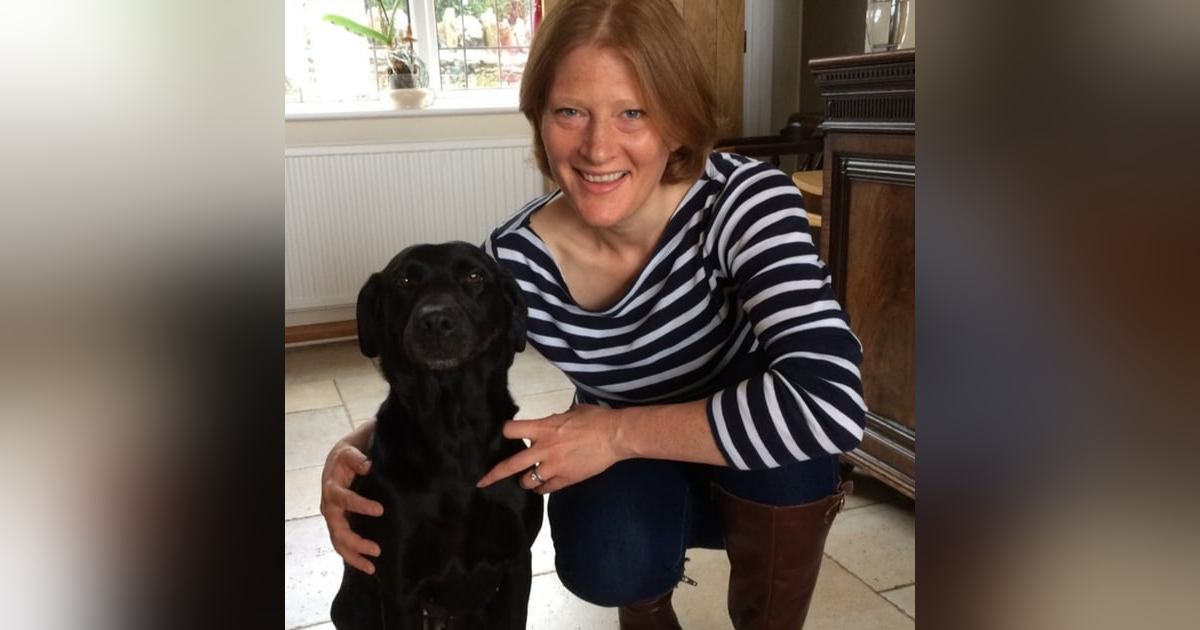#21: Resilience is not a personality trait, with coach Carolyne Crowe.

Carolyne Crowe worked for 11 years as an equine vet both in the UK and in New Zealand before deciding to shift her energy from primarily helping animals to helping people by becoming an award winning personal performance coach, mentor, international speaker, researcher and lecturer.She has a Master's degree in Workplace Health and Wellbeing and continues to research this field. She is a master trainer in DISC behavioural profiling, a CPCAB trainer in Stress management and Wellbeing, a certified trainer in Resilience, a Mental Health First Aider, and an Honorary Lecturer of the University of Liverpool. She was awarded “Life Coach of the year 2015” at the International Coaching Awards, became an honorary Fellow of The Coaching Academy in 2016 and a founding member of the Coaching of Excellence accreditation in 2019. So basically - when it comes to building a fulfilled career in veterinary science, or anywhere for that matter - you'll want to hear what Carolyne has to say.Carolyne is passionate about helping others equip themselves with the tools and strategies to get the most out of their personal and professional lives. After successfully running her coaching and training business for several years, Carolyne now works as a training consultant with the Veterinary Defence Society training team in the UK developing, training and coaching individuals, teams and practices to be the best they can be and to thrive both personally and professionally. In 2017 she proved how much she loves a challenge by running 10 marathons in 10 days raising over £100,000 for the Brooke charity. Not bad for someone who only ran her first marathon in September 2016! Outside of work Carolyne is a wife of a vet, mother of 2 small children and what she describes as “a keen runner’. We cover a wide range of topics in our conversation with Carolyne, like some the most common problems that she encounters with her clients and her favourite solutions to these problems, building resilience and self- awareness, why coaching is important and who it’s for, and of course: how to prepare for running 10 marathons in 10 days when you have a business to run and two young kids, and, more importantly, why you’d want to do it in the first place. Carolyne also answers a tricky listener question about a situation that many of our listeners will have to deal with at some point in their careers. To see the show notes or to check out our guests’ favourite books, podcasts and everything else we talk about in the show, click the webpage link on the episode page wherever you listen to us, or visit the podcast website at https://minivetguide.com/podcast/. If you have a question that you’d like us to answer with the help of our guests you can leave us a voice message by going to our episode page on the anchor app (https://anchor.fm) and hitting the record button, via email at thevetvaultpodcast@gmail.com, or just catch up with us on Instagram. (https://www.instagram.com/thevetvault/) We’d love to hear from you! And if you like what you heard, then please help us to spread the word by subscribing to the podcast (it’s free!), and by telling your friends about us. More about Carolyne: https://www.carolynecrowe.co.uk https://www.vds-training.co.uk Carolyne’s ten marathons in ten days challenge: http://www.ten2london.co.uk Carolyne’s favourite podcast: Beast of Man https://podcasts.apple.com/gb/podcast/kevin-pietersen-beast-of-man/id1462286114 Book recommendations ‘Start With Why’, Simon Sinek: https://simonsinek.com/product/start-with-why/ ‘Mindset’, Carol Dweck https://www.amazon.com/Mindset-Psychology-Carol-S-Dweck/dp/0345472322 ‘Black Box Thinking’, ‘Bounce’, and others, Matthew Syed: https://www.matthewsyed.co.uk ‘Drive’, Daniel Pinkhttps://www.danpink.com/drive./






